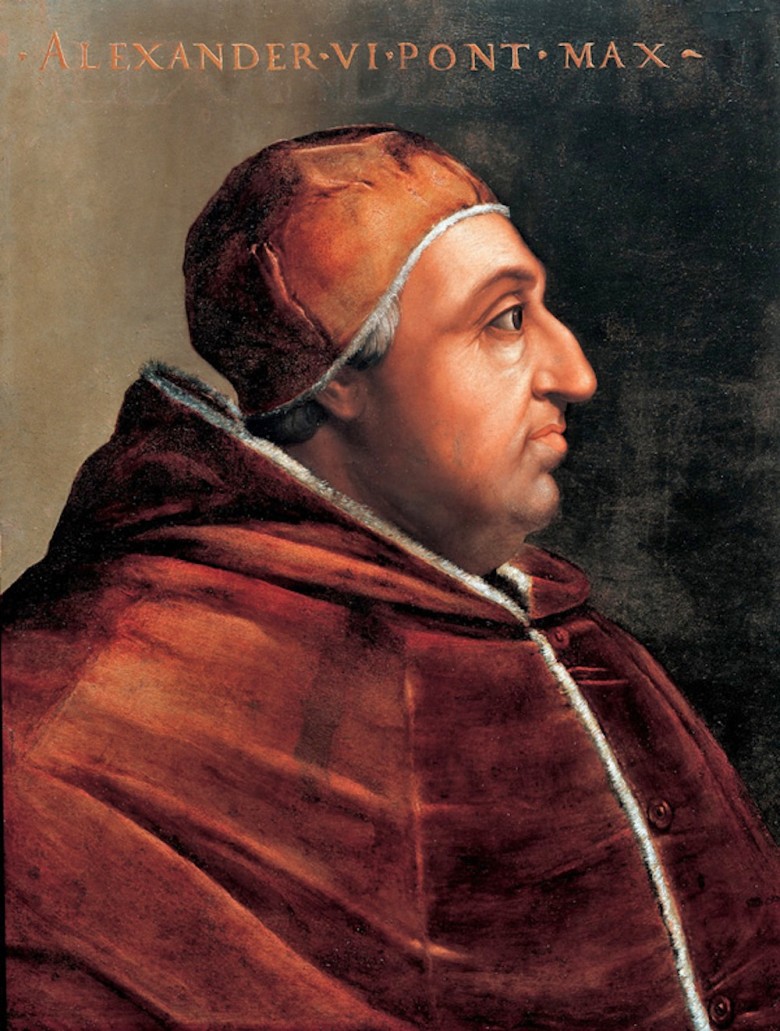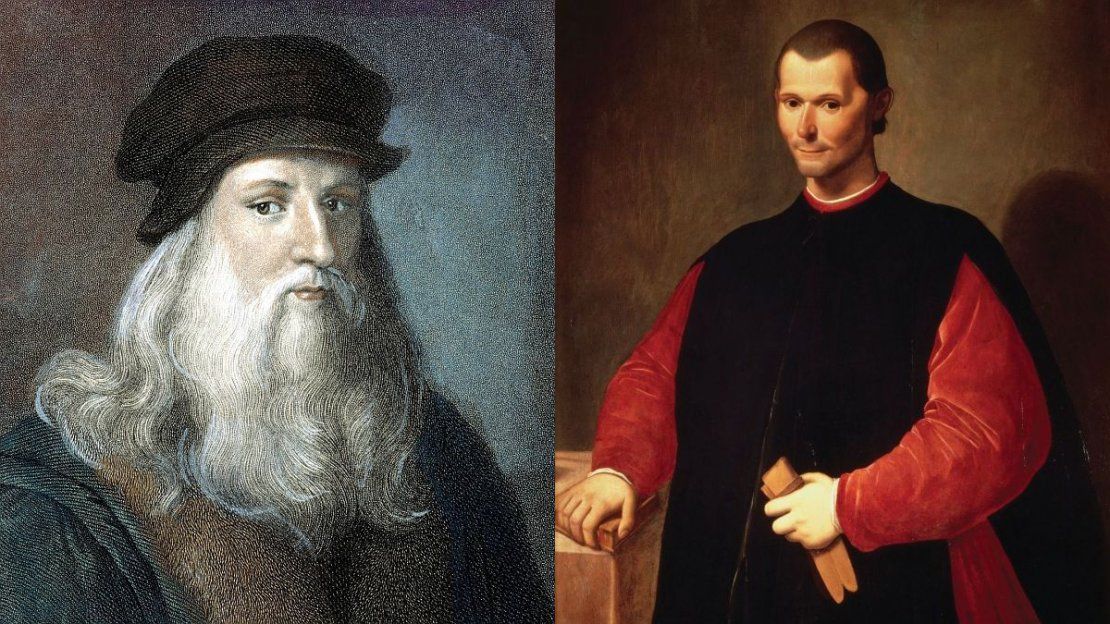La Sangre Dorada de los Borgia (The Golden Blood of the Borgia)
LA SANGRE DORADA DE LOS BORGIA
Françoise Sagan, Etienne De Monpezat y Jacques Quoirez (1977)
¿Hasta dónde puede llegar el amor entre dos hermanos? ¿Qué tan delgada o qué tan gruesa es la línea que separa el amor fraternal del amor pasional?
Podría decirse que todo empezó por un final. Y fue durante la noche del 25 al 26 de julio de 1942…
Pese a la continua agitación que mueve en todos sentidos a la multitud que rodea el lecho del enfermo, un extraño silencio se produce en la cámara. Todos han comprendido. Esta vez el hombre alcanza las fronteras del mundo de los cuerpos y el mundo de las almas. Y todos, ante la inminencia del acontecimiento, ponen una involuntaria sordina a la excitación de sus comentarios.
Un grupo de monjes, a la izquierda de la puerta, prosigue el recitado interrumpido un instante. Unas religiosas, sabiamente alineadas a lo largo del muro, con los ojos bajos y las manos juntas, salmodian una oración casi silenciosa.
Uno de los médicos acaba de apartar con un gesto a los dos cardenales que se habían aproximado al Papa moribundo. […]
(La Sangre Dorada de los Borgia:
Capítulo I, página 11)
Una novela que enfoca parte de la vida del papa Borgia, Alejandro VI, y sus hijos, principalmente Lucrecia y César Borgia, en medio del turbulento Renacimiento italiano. La cual se aparta un poco de otros estilos literarios actuales donde se describe minuciosamente cada escena.
Considero que los autores son concisos y directos en lo que muestran al lector, en ocasiones éste debe deducir o ahondar en los detalles que no son narrados por los escritores.
Por su parte comentando un poco la historia, el ambiente que rodea a los Borgia podría decirse que está marcado por ciertos contrastes: sexo y religión, arte y violencia, amores y odios, extremas riquezas y aterradora miseria, santidad y maldad.
César y Lucrecia heredan de su padre una personalidad pasional, sin escrúpulos y ambiciosa, capaces de arremeter con lo que fuere y con quien sea con tal de alcanzar sus propósitos, pero que, por sobre todas las cosas, su sangre, la sangre Borgia es la que los mantiene siempre unidos.
Tal unión es vista con total claridad entre los dos hijos más emblemáticos de Alejandro VI: Lucrecia y César. Aunque fueron separados en su infancia, al encontrarse nuevamente de adultos serán algo más que hermanos: amantes. De esta pasión incestuosa nacerá un hijo entre ellos.
Este acontecimiento hace que César se vuelva cada vez más ambicioso, vengativo, cruel, despótico, hasta tal punto de ser visto como el hombre más temido de toda Italia. En medio de sus andanzas, tiene como consejeros a Nicolás Maquiavelo y Leonardo Da Vinci.
Una novela histórica realmente interesante que refleja perfectamente la ambición, ansias de poder, intriga, crímenes, propios de este linaje Borgia y de su entorno.
En cuanto a mí, volvía a retomar mi papel. Y sin embargo, es extraño, no he experimentado ningún placer al enterarme de la muerte de esos Borgias, a los que tanto había odiado, no sé por qué. Desde luego, eran hermosos, inteligentes y seductores, pero había otros como ellos en Roma, en esos tiempos, millares…
Es que había algo en ellos. Como un viento. Y algo en ellos de incomprensible… algo en su sangre. Como si su sangre hubiera sido más violenta, más rápida, más clara quizás.
Su sangre era… No, no sé, no logro encontrar la palabra justa.
(La Sangre Dorada de los Borgia:
Capítulo XXV, página 204)
Enrique A. Simmonds B.
Bogotá (Colombia); 07/Junio/2020.
THE GOLDEN BLOOD OF THE BORGIA
Françoise Sagan, Etienne De Monpezat y Jacques Quoirez (1977)
How far can the love between siblings reach? How thin or thick is the line what separates fraternal love and passionate love?
It could say it all started with an ending. And it was during the night of July 25 to 26, 1942...
In spite of the continuous agitation that moves the crowd around the bed of the sick in every direction, a strange silence is produced in the chamber. Everyone has understood. This time man reaches the frontiers of the world of bodies and the world of souls. And everyone, in view of the imminence of the event, puts an involuntary muffler on the excitement of his comments.
A group of monks, to the left of the door, continue the recitation interrupted for a moment. Some nuns, wisely aligned along the wall, with their eyes lowered and their hands joined, chant an almost silent prayer.
One of the doctors has just gestured away the two cardinals who had approached the dying Pope. […]
(The Golden Blood of the Borgia
(translated from Spanish version):
Chapter I, page 11)
A novel focused on a part of Pope Borgia’s life, Alexander VI, and his children, mainly Lucrezia and Cesare Borgia, around of the turbulent Italian Renaissance. This story is a bit different compared to other contemporary literary styles where each scene is described meticulously.
I consider the authors are concise and direct in each scene they showed to reader, sometimes he/she has to deduce the details that are not narrated or go deep inside the pages.
For its part and commenting about the story, the environment around the Borgia is characterized by some contrasts: sex and religion, art and violence, love and hate, extreme wealth and terrifying misery, holiness and evil.
Cesare and Lucrezia inherit from their father a passionate, unscrupulous and ambitious personality. They are capable of lunging anything and anyone in order to reach their purposes, but above all, their blood, the Borgia blood is what keeps them together.
That union is clearly shown between the most emblematic Alexander VI’s siblings: Lucrezia and Cesare. They were separated during their childhood, now they meet again when they are adults and they will be more than siblings: they are lovers. As a result of that incestuous relationship, a child will be born.
Due to this event, Cesare becomes much more ambitious, vengeful, cruel, despotic, to the point of being considered as the most feared man in all Italy. In the middle of his life-events he has some counselors such as Niccolò Machiavelli and Leonardo Da Vinci.
A really interesting historical novel, which perfectly reflects the ambition, desire of power, intrigue, crimes, which were typical among this Borgia lineage and its environment.
As for me, I was going back to my role. And yet, strangely enough, I have felt no pleasure in hearing about the death of those Borgias, whom I had hated so much, I don't know why. Of course, they were beautiful, intelligent and seductive, but there were others like them in Rome, in those times, thousands...
It's just that there was something about them. Like a wind. And something in them that was incomprehensible... something in their blood. As if their blood had been more violent, faster, clearer perhaps.
Their blood was... No, I don't know, I can't find the right word.
(The Golden Blood of the Borgia
(translated from Spanish version):
Chapter XXV, page 204)
Enrique A. Simmonds B.
Bogota (Colombia); June 7th/2020.






Comentarios
Publicar un comentario